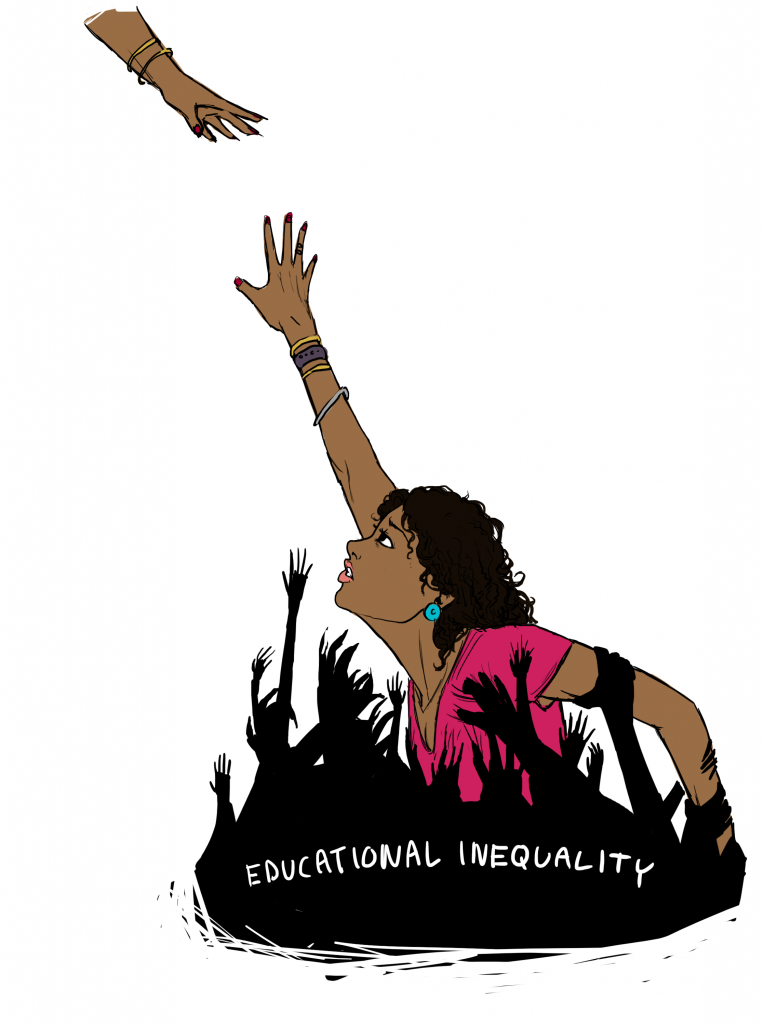After reading the excerpt from “Empowering Education” by Ira
Shor, I understand why this piece was chosen to discuss on our final blog post.
From start to finish, I was able to connections to almost every reading we have
done. I found that some of Shor’s main arguments can easily be supported by the
arguments that our past authors raised in their own works.
In Shor’s piece, he argues that academic settings
need to move away from traditional schooling because it is stifling the chance
for students to become active and critical thinkers in their classrooms as well
as in the real world. Traditional
classrooms only allow room for “one-way
transmission of rule, and knowledge from teacher to students” (Shor
12). Students are expected to go to
school and become an active participant in their society but the education they
are provided does not make them equipped to do so. Classrooms revolve around monotonous lectures
and stress the importance of memorizing facts. These types of classrooms do not teach students to
critically think about what their learning and come up with knowledge on their
own. Shor suggests that we move to an Empowered Education where “students make meaning and act from reflection”
(Shor 12).

Moving to an empowered education would mean that
students would learn that it is acceptable to challenge the status quo. Shor
believes that the current system almost applauds and supports
the “status quo which downplays nontraditional student
culture and the problem of social inequality” (Shor 32). I found that this
closely relates to Finn’s idea that “the status quo is the status quo because
people who have the power to make changes are comfortable with the way things
are” (Finn 3). The school systems are not providing students with an education
that allows them to test what they know because they are not given critical and
analytical skills. They learn that “education
is something to put up with” (Shor 26).
In an empowered education, students realize that they have the right to
speak up and question the material given to them. When Finn discussed the differences between
the working class and elite schools, it was evident that students from elite
schools valued creativity and expression of opinions. Negotiation was a key component in their
classroom and they were not being forced to conform to the rules. An empowered
education is what is taught in the more elite schools but is lacking the lower
class schools. Finn and Shor acknowledge that there is a deficit in education
and skills based of social significance.
 I found another connection that related not
only to Finn but also to Kozol. “School funding is another political dimension
of education, because more money had always been invested in the education of
upper-class children and elite collegians than has been spent on students from
lower-income homes and in community colleges” (Shor 15). We give more attention to students that
attend upper class schools because they know the skills that will make them
successful. They are provided with the rules and codes of power that will help
them to question and analyze society. Lower class schools receive less
attention because it is believed they only need enough to make them successful
for their environment. Shor is essentially
getting at the idea that Kozol proposed- traditional schooling contributes to
the culture of power. The traditional
schooling found in poverty stricken school systems does not help to break the
cycle of inequality but instead teaches “students to fit into an education and
a society not run for them or by them but rather set up for and run by elites”
(Shor 20). Empowering education would make it possible for students to have a
voice in society and find their way out of poverty.
I found another connection that related not
only to Finn but also to Kozol. “School funding is another political dimension
of education, because more money had always been invested in the education of
upper-class children and elite collegians than has been spent on students from
lower-income homes and in community colleges” (Shor 15). We give more attention to students that
attend upper class schools because they know the skills that will make them
successful. They are provided with the rules and codes of power that will help
them to question and analyze society. Lower class schools receive less
attention because it is believed they only need enough to make them successful
for their environment. Shor is essentially
getting at the idea that Kozol proposed- traditional schooling contributes to
the culture of power. The traditional
schooling found in poverty stricken school systems does not help to break the
cycle of inequality but instead teaches “students to fit into an education and
a society not run for them or by them but rather set up for and run by elites”
(Shor 20). Empowering education would make it possible for students to have a
voice in society and find their way out of poverty.
I liked how you connected the reading to a few of the readings! Great connection/Blog post!
ReplyDeleteyea really good job connecting it to multiple readings i think this was a great article to do because it had a little bit of everything to talk about
ReplyDelete